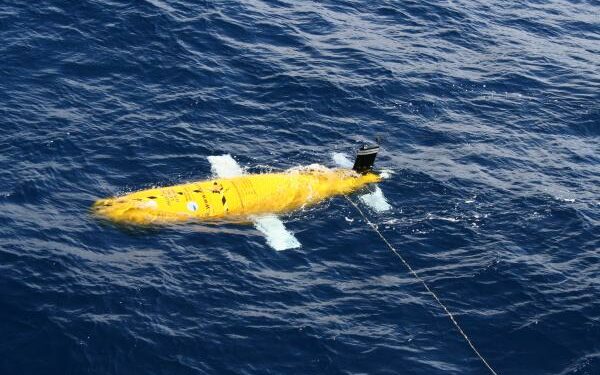A consortium of UK companies will begin research and development into the next generation of lithium batteries for Marine Autonomous Systems (MAS) after a £1.1million ($1.6m) grant.
The consortium, led by Steatite and co-funded by the UK’s innovation agency, Innovate UK, will aim to produce a battery pack which can operate at depths of 6000 metres.
The consortium includes lithium sulfur firm OXIS Energy Ltd, underwater vehicle designers MSubs Ltd and the National Oceanography Centre (NOC).
OXIS already has achieved 300 Wh/kg lithium-sulfur cells, and predicts reaching 400Wh/kg in 2017 and 500Wh/kg in 2019, said a spokesman.
The spokesman added that in the company’s worst case, it saw a 70% improvement in its product, with the upside of achieving the five-fold improvement through the consortium.
Lithium sulphur batteries are suited for use in subsea applications because their mass density is similar to water, so buoyancy foam is not required for underwater vehicles as with lithium polymer batteries.
To compensate for the mass density of a lithium polymer battery, it is necessary to add buoyancy foam to achieve neutral buoyancy.












